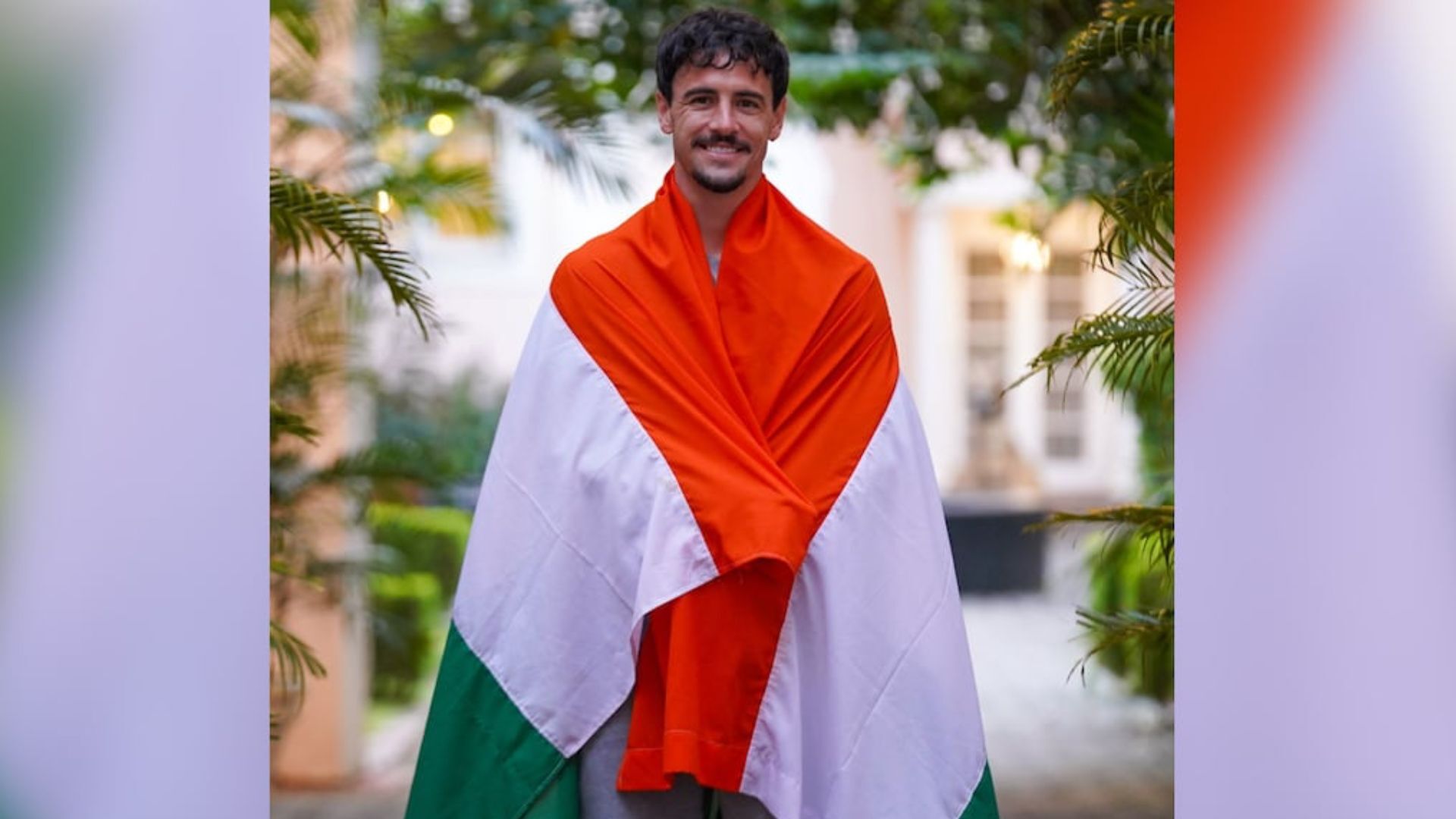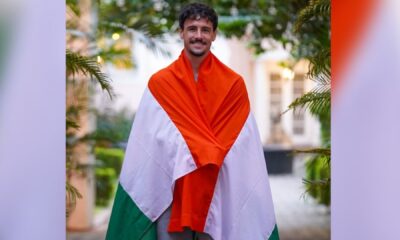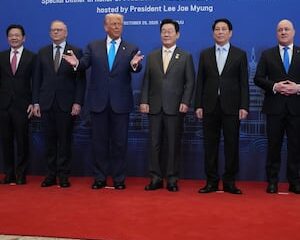Sports
Two Foreign Players Join Indian National Football Team Ahead of AFC Qualifier

In a significant development for Indian football, two foreign-born players, Ryan Williams and Abneet Bharti, have officially joined the Indian men’s national football team. This decision comes as the team prepares for the AFC Asian Cup qualifier against Bangladesh on November 18, 2023.
Both players have navigated the process of obtaining Indian citizenship, marking a notable shift in the recruitment strategy of Indian football. The inclusion of overseas-based players with Indian roots reflects a changing landscape in the sport within the country. While Bharti, born in Kathmandu, has previously represented India’s junior teams, Williams has taken a more dramatic step by surrendering his Australian passport to gain Indian citizenship.
At 32 years old, Ryan Williams has an extensive football background, having played for the Australian national teams at various levels, including U-20, U-23, and senior teams. He last appeared for the Socceroos in a friendly match against South Korea in 2019. Williams expressed his excitement about this new chapter, stating on social media, “Honoured to make official what’s long felt true. Grateful for the love, the opportunity, and the sense of belonging this country has given me. India, I’m one of your own!”
Williams has strong family ties to India. His mother was born into an Anglo-Indian family in Mumbai, and his grandfather, Lincoln Grostate, played for Bombay in the Santosh Trophy during the 1950s. Additionally, his twin brother, Aryn Williams, played in India’s I-League for NEROCA FC in 2018, and Ryan later joined Bengaluru FC in the Indian Super League.
The process of naturalisation for Williams was initiated earlier this year after Indian captain Sunil Chhetri alerted the All India Football Federation (AIFF) about his interest. AIFF President Kalyan Chaubey noted, “From then on, the process started,” emphasizing that the inclusion of players like Williams and Bharti demonstrates India’s commitment to strengthening its national side.
This strategic move could inspire other players of Indian descent abroad to connect with the Indian football framework, potentially enhancing the quality of the national team. The AIFF plans to proactively identify and engage with Indian passport holders playing overseas. “We will try to reach out to football-playing nations where Indian passport holders are active. Through media and other platforms, we invite them to connect with us to build a stronger national team,” Chaubey stated.
This development comes at a crucial time for Indian football, as the country has faced a shortage of quality homegrown attackers, contributing to its failure to qualify for the 2027 Asian Cup. The arrival of Williams is expected to infuse the team with vital experience and depth as they prepare for upcoming challenges under coach Khalid Jamil.
Williams’ choice to represent India parallels the journey of Arata Izumi, a Japan-born footballer of Gujarati descent who became the first foreign-born player to represent India after acquiring citizenship in 2012. Izumi made nine appearances for India between 2013 and 2014.
Under the Land Transport Act 1998, only Indian citizens are eligible to represent the country in international competitions, as India does not allow dual citizenship. Nonetheless, the AIFF continues to advocate for a more inclusive approach to player integration, similar to strategies employed by other successful footballing nations.
With the addition of Williams and Bharti, Indian football is embarking on a journey towards a more global identity, one that values heritage and commitment as it aims to elevate the national team’s performance on the international stage.
-

 Sports2 months ago
Sports2 months agoNetball New Zealand Stands Down Dame Noeline Taurua for Series
-

 Entertainment2 months ago
Entertainment2 months agoTributes Pour In for Lachlan Rofe, Reality Star, Dead at 47
-

 Entertainment1 month ago
Entertainment1 month agoNew ‘Maverick’ Chaser Joins Beat the Chasers Season Finale
-

 Sports2 weeks ago
Sports2 weeks agoEli Katoa Rushed to Hospital After Sideline Incident During Match
-

 Sports2 months ago
Sports2 months agoSilver Ferns Legend Laura Langman Criticizes Team’s Attitude
-

 Politics1 month ago
Politics1 month agoNetball NZ Calls for Respect Amid Dame Taurua’s Standoff
-

 Sports1 week ago
Sports1 week agoJamie Melham Triumphs Over Husband Ben in Melbourne Cup Victory
-

 Entertainment3 months ago
Entertainment3 months agoKhloe Kardashian Embraces Innovative Stem Cell Therapy in Mexico
-

 World3 months ago
World3 months agoPolice Arrest Multiple Individuals During Funeral for Zain Taikato-Fox
-

 Sports3 months ago
Sports3 months agoGaël Monfils Set to Defend ASB Classic Title in January 2026
-

 Entertainment2 months ago
Entertainment2 months agoTyson Fury’s Daughter Venezuela Gets Engaged at Birthday Bash
-

 Sports2 months ago
Sports2 months agoHeather McMahan Steps Down as Ryder Cup Host After Controversy



















